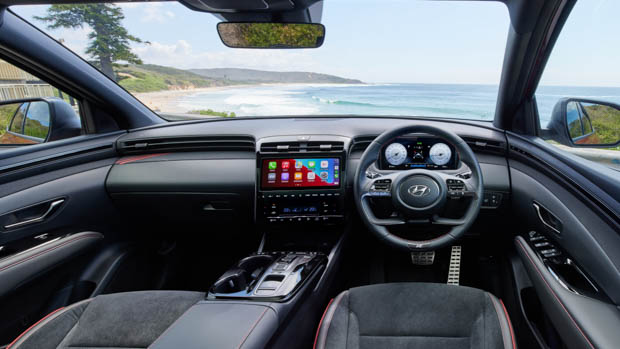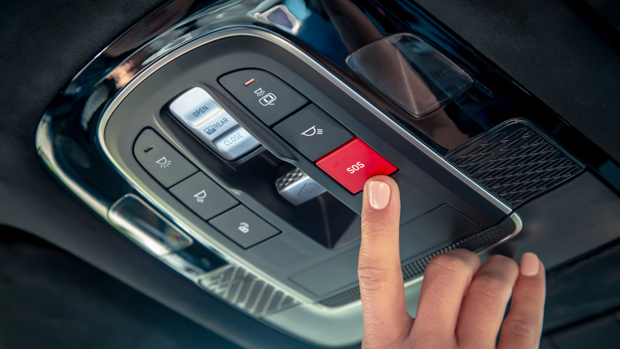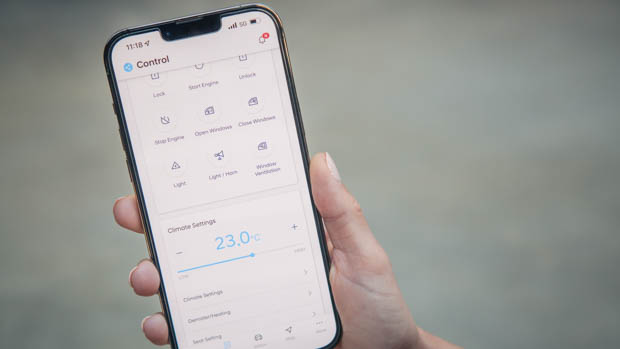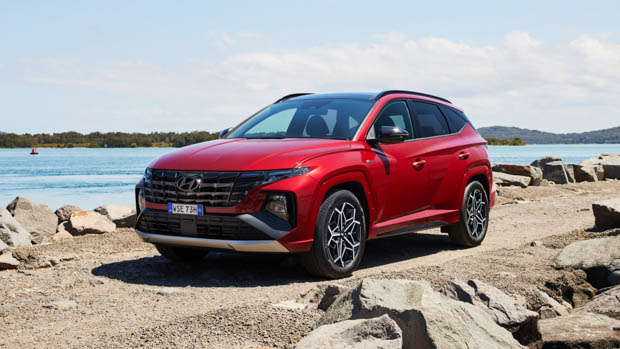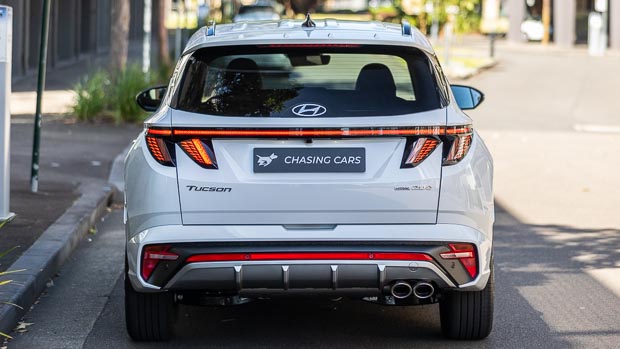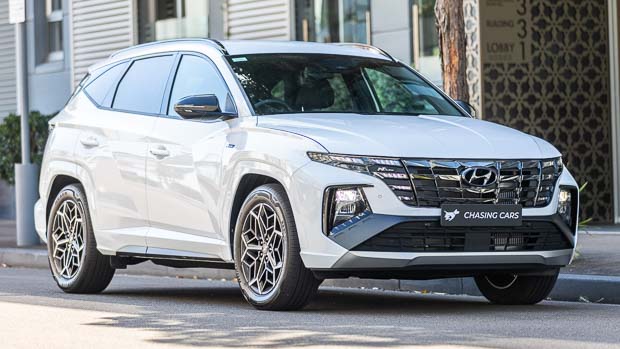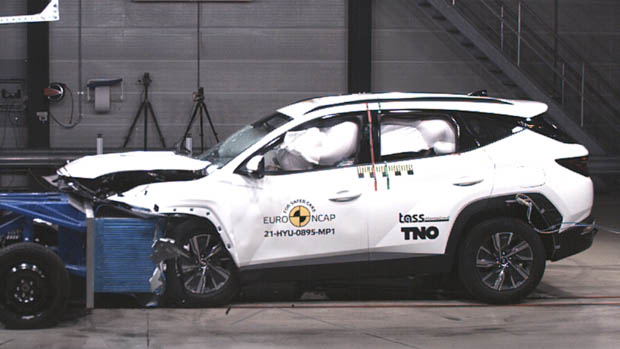-
Car Reviews
- All reviews
- Midsize SUVs
- Small cars
- Utes
- Small SUVs
- Large SUVs
- Large cars
- Sports SUVs
- Sports cars
- Vans
Latest reviews
- Car News
-
Car Comparisons
Latest comparisons
- Chasing Deals
The Hyundai Tucson Elite and Highlander variants now come standard with Hyundai’s Bluelink connected car service and are now $500 more expensive
Hyundai Australia continues to roll out its Bluelink connected car service in 2023, first with the Venue small SUV and now the midsize Tucson SUV.
Prices of the 2023 Hyundai Tucson have increased by $500 across most grades though the $34,900 before on-road costs entry price for the base Tucson 2.0L auto has been retained.
Hyundai Australia says that other than the Bluelink service, the rest of the vehicle’s features and specifications are unchanged from 2022, though the midsize SUV is still far newer than most of its rivals, first launching locally in 2021.
The Hyundai Tucson competes in the very popular midsize SUV segment with the likes of the Toyota RAV4, Subaru Forester, Kia Sportage and the Mazda CX-5.
Hyundai’s Bluelink service is very similar to systems already used by a wide variety of car manufacturers such as Toyota, BMW, Mercedes-Benz, Audi and Volkswagen.
The connected car service offers several features and is complimentary for the first five years of vehicle ownership.
Features include automatic collision notification, server-based voice recognition, a valet mode, weather function, remote vehicle check through an app and ‘find my car’ mode.
An SOS button is installed on the top of the windscreen to manually alert emergency services, also, in the event of an emergency.
Bluelink will be available on the Elite and Highlander variants of the Tucson in 2023, but not on the base model.
As standard, the base Tucson comes fitted with 17-inch alloy wheels, halogen headlights, LED daytime running lights, roof rails, an 8.0-inch touchscreen, a 4.2-inch instrument cluster display, wireless Apple CarPlay and Android Auto, a six-speaker sound system, a wireless charging pad and keyless entry.
Stepping up into the Elite variant, owners will gain the standard features of the base variant, plus Bluelink connected services, larger 18-inch alloy wheels, front and rear parking sensors, rain sensing wipers and a larger 10.25-inch infotainment screen. Also included is satellite navigation, wired Apple Carplay and Android Auto, a powered drivers seat, dual zone climate control and leather appointed seats.
The flagship Highlander grade gains 19-inch alloy wheels, LED headlights and tail lights, a panoramic glass sunroof, a powered tailgate, a 10.25-inch digital instrument cluster, a Bose eight-speaker sound system, a powered passenger seat, a heated steering wheel and ventilated front seats.
An N Line package is optional on all variants and costs $4000 on the base grade, $2500 on the Elite and $1500 on the Highlander, with prices higher on the lower grades as much of the included equipment is already fitted to top grades.
Owners can opt to add features such as N Line specific 19-inch alloy wheels, N Line exterior styling and a leather and suede appointed interior across the grades.
For the base Tucson, if the N Line package is chosen, owners will receive the large 10.25-inch digital instrument cluster.
The Hyundai Tucson includes seven airbags, blind-spot collision avoidance, forward-collision avoidance, driver attention warning, speed limit assist, lane-keep assist, rear cross traffic avoidance, safe exit warning, rear occupant alert and tyre pressure monitoring.
The Hyundai Tucson was tested by ANCAP in 2021 and received a five-star safety rating. The vehicle scored best in the areas of adult occupant protection and child occupant protection, scoring 86 percent and 87 percent respectively.
All prices listed are before on-road costs.
Latest news
About Chasing cars
Chasing Cars reviews are 100% independent.
Because we are powered by Budget Direct Insurance, we don’t receive advertising or sales revenue from car manufacturers.
We’re truly independent – giving you Australia’s best car reviews.
